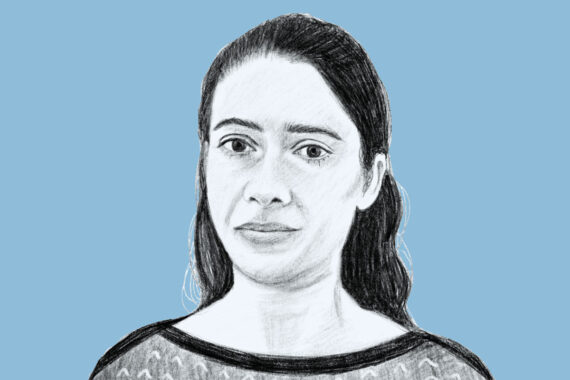Following the RCGP’s change in stance, Dr Katie Musgrave muses on what GPs might actually think of the assisted dying bill
The bill to legalise assisted dying is expected to return to parliament on 16 May, with MPs due to vote on amendments made in the committee stage. If the law is passed, GPs will find themselves at the frontline of delivering the service.
As doctors, I believe it is our duty to consider whether this process can presently be safely introduced to our healthcare system. Are we confident that patients will not face institutional coercion by the NHS, especially if an assisted death is the path of least resistance, and the cheapest option? Are we convinced that social services have the capacity to investigate concerning cases, to safeguard the vulnerable? Do we believe that the process will not rapidly become a tick-box exercise, with overworked doctors presuming capacity and agreeing to requests, on the assumption the panel stage will provide a safeguard?
What do we think will happen to the alcoholic with end-stage cirrhosis? Or the homeless diabetic, in need of limb amputation? Or the anorexic patient who has been admitted a dozen times, and is progressively losing weight? It would surely be morally unacceptable to devise a state-sanctioned assisted dying programme, which opens up the potential for one of the gravest forms of abuse imaginable, without ensuring the provision of a robust safeguarding programme.
And what do GPs really think about the bill? Since the second reading in parliament, the RCGP publicly changed its stance from being opposed to assisted dying, to being neutral on the issue. This was despite a decline in support from voting members. In 2019, 40% of GPs who voted said they felt the RCGP should take a position in support of a law change; yet in 2025, this percentage had fallen to 33.7%. In 2019, 47% of members said the RCGP should oppose the legalisation of assisted suicide, and in 2025 this percentage was slightly higher at 47.6% (most of the rest supporting neutrality on the issue).
With no majority taking any position, the change in the RCGP’s stance came about in response to supplementary questions asking what position the College should take in the event of no majority preference. So the move from opposition to neutrality on the issue of assisted dying was despite a decline in GPs’ support of a law change.
Indeed, the entire process seems to have been characterised by misrepresentations. Opinion polls – which are commonly cited as reflecting the public’s support – disguise widespread misunderstanding of the proposed law, with many believing it permits the withdrawal of life-sustaining treatment (which of course is already legal). The support expressed for assisted dying falls dramatically when those surveyed have the proposals clearly explained to them.
The bill was voted through by MPs with a promise of the strongest safeguards in the world, including a High Court judge signing off each case. The inclusion of a judge was swiftly dropped at committee stage as impractical, and replaced by a panel of experts (who will naturally be self-selecting in their support). Furthermore, the number of MPs in favour of assisted dying who sat in the committee stage were also misrepresentative of the House of Commons’ voting at the second reading: leading the majority of amendments or additional safeguards proposed by those with concerns to be voted down.
So we have: a private members’ bill brought to parliament on the basis of misrepresentative polls; with the promise of safeguards that cannot be met which were misrepresented at second reading; following a committee stage comprised of ministers misrepresentative of the votes of MPs; and a change in the RCGP’s position which is arguably misrepresentative of grassroots GP opinion. All in all, it seems that lobbyists have managed to stack the cards in favour of legalising assisted dying in England and Wales – regardless of any sincere or well-founded concerns expressed by doctors, charities, members of parliament, or the general public.
A change in law introduced in this fashion risks some of the most vulnerable and marginalised people in our society being encouraged to ‘choose’ to end their lives, perhaps before they would otherwise wish to. If they do this, it is with the stamped approval of the authorities, including doctors and the NHS – and crucially without ensuring that excellent quality, universally accessible palliative care were equally available.
Let it be recorded that some of us expressed the gravest of misgivings about this.
Dr Katie Musgrave is a GP in Devon














